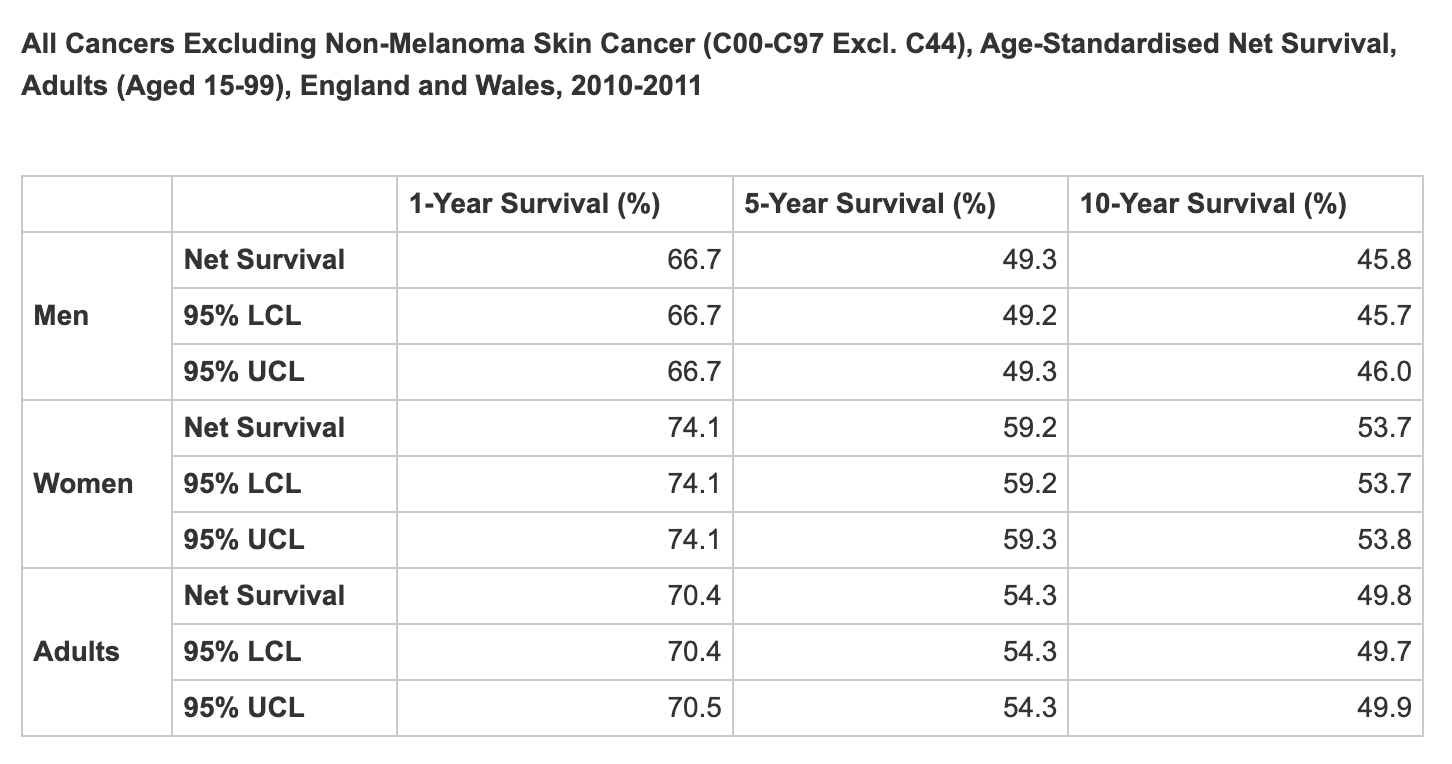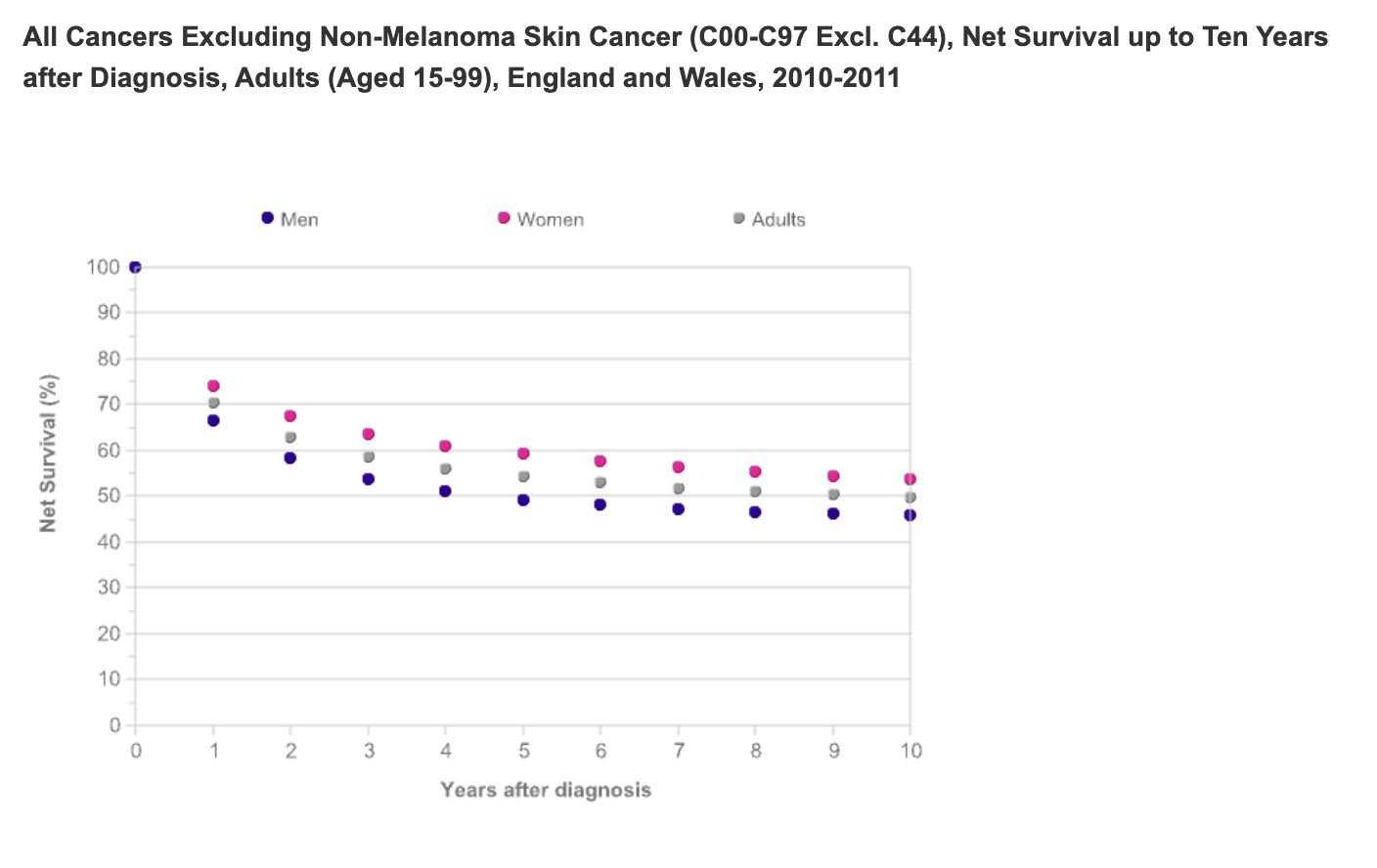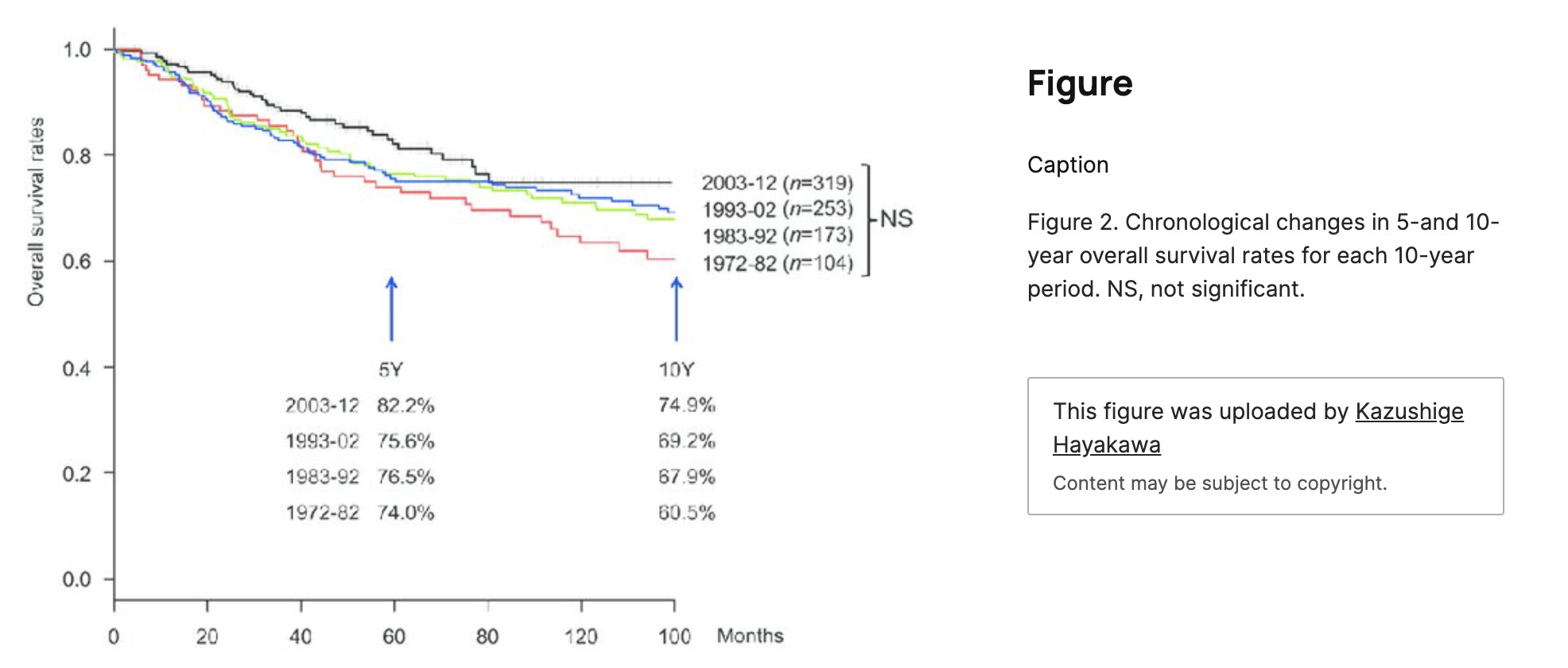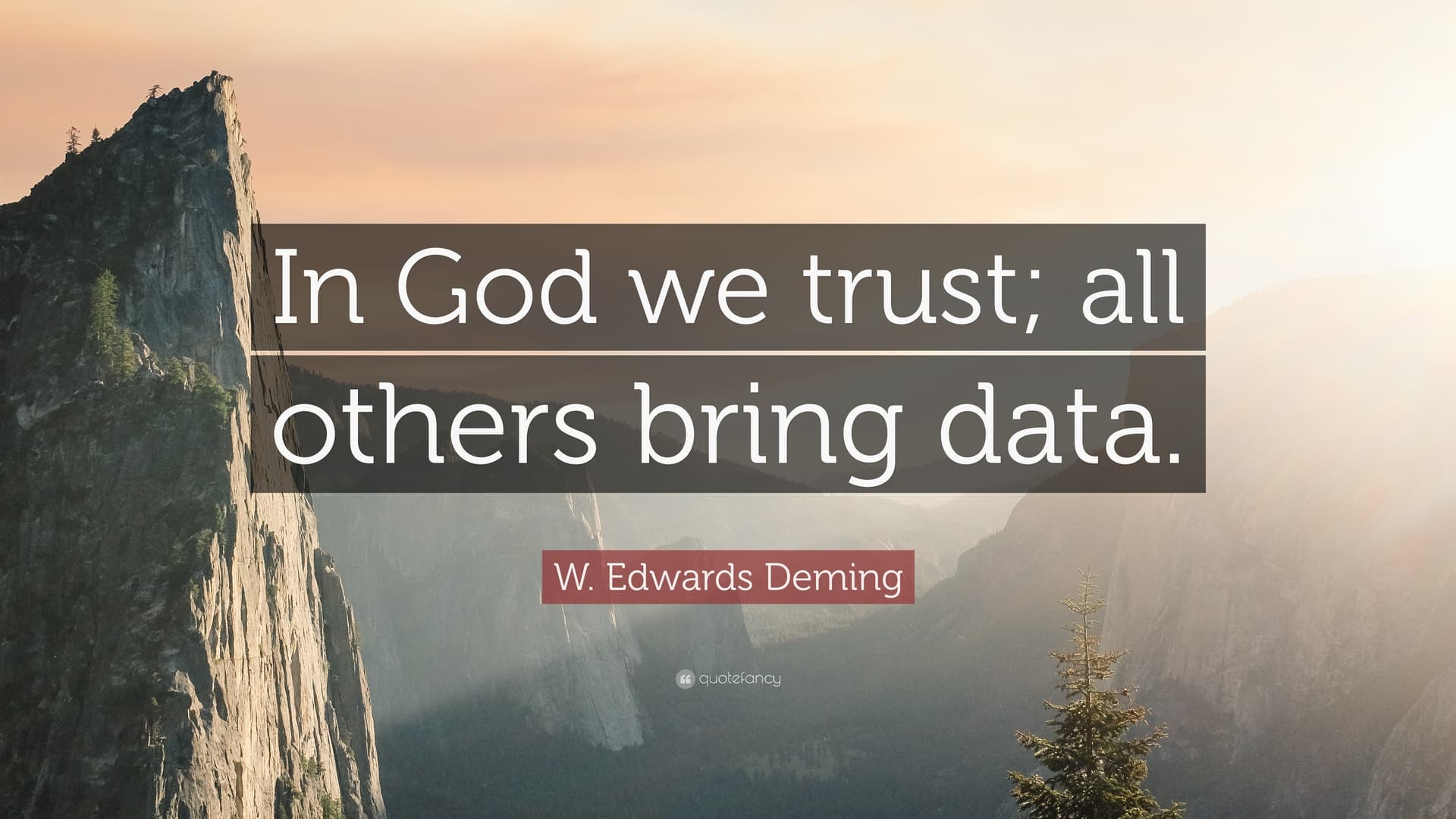Rectal not renal ![]() For rectal cancers it’s 5 to 10%. For ALL cancers it’s about 5% (TBC).
For rectal cancers it’s 5 to 10%. For ALL cancers it’s about 5% (TBC).
A reflection of the idea that there will not be a single cure for cancer.
I think it is possible that there will be a protocol with a number of interventions that resolve more than 15% of cancers. (possibly the majority)
Yes. They’ll take your cancer cells and do a specific treatment just for that with 100% efficacy. Some friends are working on that.
My only question is: how long to reach 95% 5y survival rate? Today we’re at 71% (across all cancers) but we only gain 1 point each year. So prediction markets have 75% in 2029 and 95% in 2051: When will the average five-year survival rate of all cancers exceed 95%?
Hopefully markets are wrong and there will be some kind of breakthrough accelerating progress…
I still believe in hyaluronic acid.
Hyaluronic acid
How might hyaluronic acid prevent/treat cancer? Any studies?
Edit: maybe in reference to naked mole rats
I would prefer they pursue cure rates rather than 5 year survival. I know that’s the standard but not really helpful when someone dies at year 6.
It is a reference to naked mole rats indeed.
We’ve already discussed this in another thread: Cure is always a % after some years. Humans die anyway. The 5y survival rate gives you the 10y as well. You just multiply. So 95% over 5y means about 90% survival rate over 10y (0.95x0.95). Of course we want ideally 100% survival rate over 20+ years but if we reach >95% survival rate over 5y I think cancer will be considered cured. Even more so if the rate is higher in healthy people diagnosed early (let’s say 99%).
Medicine doesn’t work by simple math. Keeping someone alive 5 years in no way guarantees a similar rate of survival for another 5 years.
Agree, even in a healthy person, the probability of survival over the next 5 years is generally better than the 5 years after that.
However, you have to draw the line somewhere. 5 years seems like a reasonable timeframe for cancer studies given the high mortality rate. I would be surprised if it skews treatments to have a shorter effective duration, e.g. it works for 3 or 4 years so the 5 year survival looks good, but then year 6 and 7 everyone dies; that scenario seems unlikely.
My father-in-law had one of the deadliest forms of cancer, pancreatic. With today’s treatments, he survived just over 4 years which is amazing. 20 years ago, he’d be lucky to survive 1 year.
Cancer treatment has come a long way already.
You’re totally wrong @KarlT: the 10y survival rate is just below the 5y one, so my rule of thumb (10y-survival = square of 5y-survival) is actually very conservative:
You can see that if you survive past 5y you’re very likely to make it to year 10:
Source: Cancer survival statistics for all cancers combined | Cancer Research UK
Another source: Clinical Outcomes of 849 Laryngeal Cancers Treated in the Past 40 Years: Are We Succeeding? 2013
Of course, there are huge variations among cancer types and stages. But the point stands:
- The 5-year survival rate is a great KPI (that’s why it’s the most used one!).
- If we reach a 5y survival rate >95%, everyone will consider cancer to be cured. Problem solved.
There’s actually one cancer with a survival rate of 95%: testicular cancer. And all sources say “Testicular cancer is curable.” Even though some people do die from it.
This is what proves you wrong. You said that the 5 yr rate was replicated the second 5 years. That’s not true. If 5 year survival is 60%, and 10 year is 50% when your math says 10 year should be 36%.
And this statement is so painfully wrong:
“You can see that if you survive past 5y you’re very likely to make it to year 10”.
Exactly. That’s why I wrote that my rule of thumb was conservative. Whereas you claimed the opposite.
Have you checked the charts?
You need to experience more death so you understand the impact of bad statistics.
So that’s how you admit you were wrong? Of course, every single death is a terrible loss, but the debate was about the relevance of the 5-year survival rate: it is relevant.
“The Risk of Cancer Fades as We Get Older, And We May Finally Know Why”
Odd, as this goes against my preconceived notion that I was more likely to get cancer as I got older.
“Coffee and Tea Linked to Lower Cancer Risk in Groundbreaking Study”
If coffee does anything, and more is better, I am in good shape. It is hard to contemplate how many thousands of gallons I have consumed since I started drinking coffee.
I started when I was 18 years old and in the Navy. I have always drunk it black because the sugar cubes by the coffee urn were always stained, and the creamer was a can of curdled condensed milk
https://scitechdaily.com/coffee-and-tea-linked-to-lower-cancer-risk-in-groundbreaking-study/
Why would I admit I was wrong when you’re wrong? If only I could block you, life would be better.



